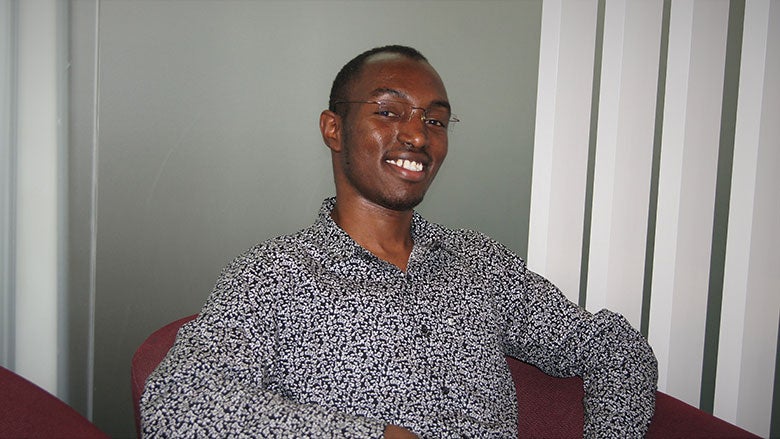
Meet Ibrahim, 27, a 2015 Agronomy graduate from Tanzania’s Sokoine University of Agriculture, one of the leading agricultural colleges in Sub-Saharan Africa. You would expect him to be dressed in blue overalls, working on one of the largest plantations near Arusha, in Basutu or Ngarenairobi, where they grow barley and wheat.
However, Ibrahim sits in a comfy chair at his office in Morogoro, supervising three ICT graduates employed by his company. Indeed, it is becoming normal to major in chemistry at university only to practice “algebra”—as they say—in real life.
More than 800,000 Tanzanians enter the highly-saturated job market each year. Most of these young people fail to get decent employment even though youth employment is crucial to the development of any country.
It is evident that our colleges and universities are creating products that are currently not demanded by the job market.
Join the digital revolution
To address this, firstly we need to urgently develop our human capital. If we really want to boost job opportunities for our youths, we ought to have a clear understanding of the needs of the current and future job markets. Also, as youths ourselves, we need to be on the lookout and exploit the available opportunities. Our universities and colleges need to overhaul their entire curricula, with a view to bringing it into sync with the fourth industrial age we live in.
Science, Technology, Engineering, and Mathematics (STEM) subjects need to be emphasized from an early age. The world is advancing technologically in leaps and bounds, and both boys and girls need to embrace STEM subjects so that our current and future youths can adapt and create jobs in this revolution.
You only have to look at how Uber, Airbnb, self-driving cars, Virtual Assistants, and aspects of Artificial Intelligence are operating to understand this. It is a call to sit up and help prepare our youth to tap into the digital revolution to avoid losing out completely.
Add to agricultural produce
Secondly, value addition to agricultural products is of paramount importance if we are to boost youth employment in Tanzania. Our country is blessed with abundant and fertile land. We have rivers and lakes that support our rich agricultural conditions throughout the year; however, most of what is produced is exported unprocessed.
Investment in agro-processing industries will generate employment opportunities for youths.
Value addition in the agricultural sector has a trickle-down effect on the whole value chain. For instance, value addition in the maize crop gives employment to the miller, the packager, the transporter, and the retailer. Value addition at each stage of the chain results in job creation.
Lastly, as a country we need to make it easier for youths to access credit so that they can fully exploit the opportunities they see, and in real time, in order to promote job creation—just the way Ibrahim did! With good financial markets, where capital can easily be obtained, I am optimistic that Tanzanian youths will stop being job seekers and will massively start creating jobs instead!
Michael-Paul Mollel, 27, has just completed his MBA in Agribusiness at Sokoine University. He is one of two runners-up who will receive paid internships at the World Bank in Dar-es-Salaam or at Bank Group-supported projects of their choice. “This internship will help me learn more about the development challenges the Bank is helping to address, and I also hope it gives me an opportunity to share my ideas and solutions for what I think should be done,” he said.
You can read the blogs of our other winners:


Join the Conversation